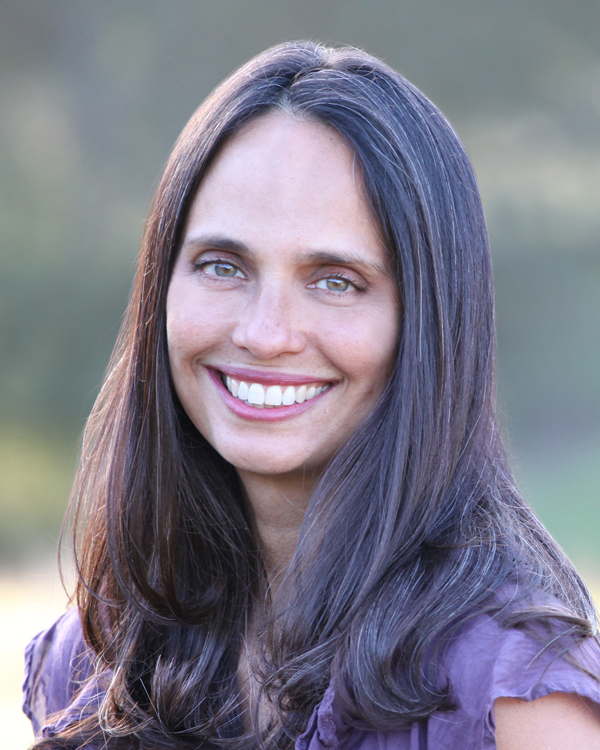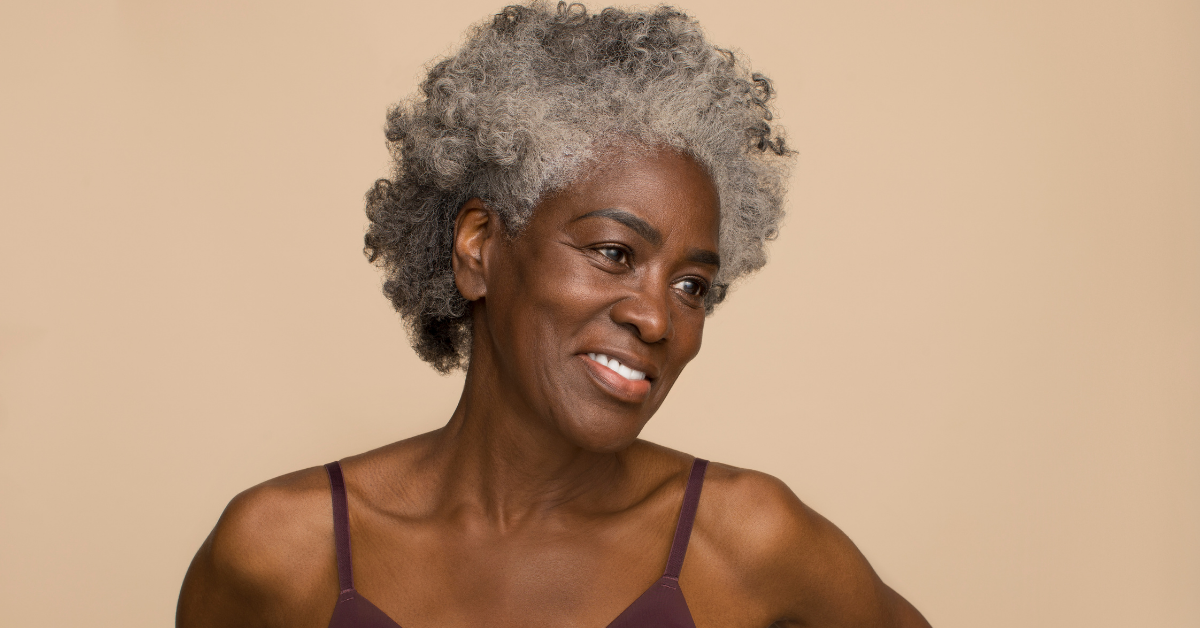Unfortunately, traumatic events are part of the human experience. However, not everyone who experiences a traumatic event suffers from trauma. And sometimes people experience trauma after events that might not be considered by some as traumatic. Trauma also doesn’t just result from what happens to us. It also results from what doesn’t happen to us such as not getting developmental and emotional needs met in childhood. And some people no matter how painful the tragedies they have experienced in their life experience posttraumatic growth. This often happens naturally without any intervention.
This variation to the experience of trauma can make it seem elusive to understand and thus difficult to resolve. Why do some people suffer and other people thrive in the aftermath of traumatic events and experiences?
The key to greater insight into the ongoing experience of trauma is recognizing that the real pain of trauma is the experience of feeling disconnected from one’s Self and losing trust in this inner resource. When we experience trauma we often come to erroneous conclusions about ourselves and the world. We can’t help making up meaning. That is what our brains are designed to do in their effort to keep us safe, but these erroneous conclusions are what allow the experience of trauma to persist within ourselves.
Without a connection with Self, our intellect goes into overdrive trying to handle life. We develop coping mechanisms to manage our suffering and help us to feel safe. These coping mechanisms are diverse ranging from workaholism to substance abuse to codependency and more. We hang on to these coping mechanisms because they reduce suffering even when there is a downside associated with them that can be as severe as death. No matter how much willpower and effort we apply these coping mechanisms don’t budge in a sustainable way until we arrive at a place of greater connection of safety and wellbeing within ourselves.
Our nervous system is habitual and automatic. We don’t even need to be aware of our thoughts and the resulting perceptions for our nervous system to jump into the survival mode of flight, fight, or freeze. And we can live with our nervous systems chronically activated based on faulty conclusions.
When something is outside of our conscious control it can feel hopeless as to how to heal and experience change, but fortunately, our intellect isn’t required for healing because we cannot think our way out of trauma.
One of the blessings I have in my work is creating a safe space for my clients so they feel safe to be vulnerable and connect with feelings that might have avoided for years. This happens naturally as they relax. It can’t be strategized. It is the result of falling into the present moment and allowing room for want wants to arise to have space.
The release of emotions is cathartic, however, that is not what heals trauma. Emotions can be felt over and over again without any lasting change. The real transformation results when someone has a realization that supports them with experiencing their true nature and realizing they are not broken and that they never were. It is an experience of reconnecting with Self and the truth that reveals itself in this connection.
The good news is that every single one of us has the capacity for insight and new thought. This is not an intellectual process. It results from us dropping out of our intellect and into the present moment. It is the by-product of our conditioned thinking falling away so we can feel and see something fresh and new.
Healing trauma is the natural by-product of falling out of our conceptual mind and into the experience of who we are beyond our habitual thoughts. This happens to us numerous times each day. It is so normal and ordinary we often aren’t even aware that we are present.
It is our natural design. We learn conditioned thinking, but our natural state is presence, even if it isn’t our normal state.
Healing from trauma is a remembering of who and what you are. It is the result of the falling away of the misunderstandings that tell you are not good enough and not whole so you can experience what is real and true within you. You are whole. You are worthy. You are love. No one and no thing can change that, but we can forget.
Healing is remembering who you are and experientially knowing the safety that lies within you that cannot be taken away. This means supporting yourself so you are able to feel your feelings and let them move through you until your nervous system relaxes and you can experience the knowing of who you are. This is healing. It is natural. You are designed to heal.
Sometimes, however, it feels scary and support is beneficial. You don’t need to do it alone. It is absolutely okay to reach out for support. Choose someone who knows the real source of suffering is the ongoing experience of feeling disconnected from your true nature, and who has the experience of remembering who they are. They will be able to guide you.
If you are having trouble finding someone like that the Rewilders Community membership includes 1:1 sessions with guides who are all on the journey of remembering who they are.
This article was published previously on www.therewilders.org. Go to the free resources to see more of Rohini’s articles.
Rohini Ross is co-founder of “The Rewilders.” Listen to her podcast, with her partner Angus Ross, Rewilding Love. They believe too many good relationships fall apart because couples give up thinking their relationship problems can’t be solved. In the first season of the Rewilding Love Podcast, Rohini and Angus help a couple on the brink of divorce due to conflict. Angus and Rohini also co-facilitate private couple’s intensive retreat programs that rewild relationships back to their natural state of love. Rohini is also the author of the ebook Marriage, and she and Angus are co-founders of The 29-Day Rewilding Experience and The Rewilding Community. You can follow Rohini on Facebook, Twitter, and Instagram. To learn more about her work and subscribe to her blog visit: TheRewilders.org.


